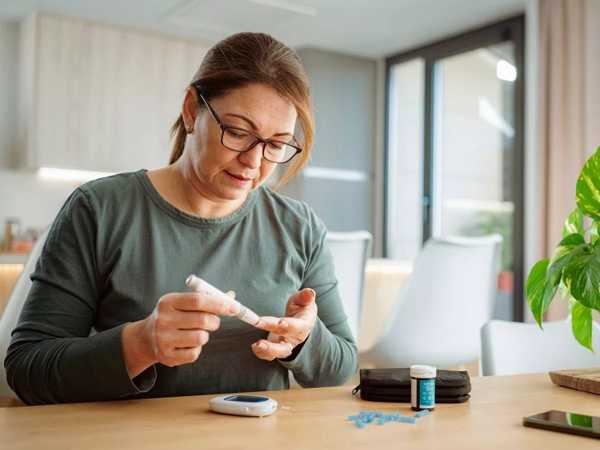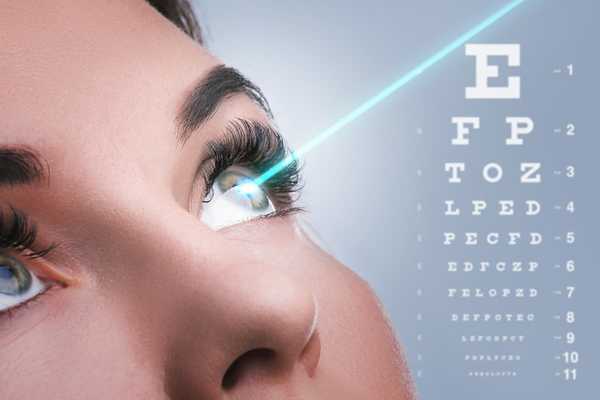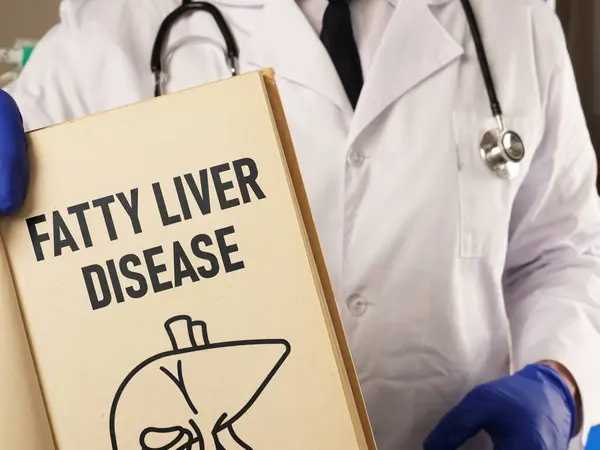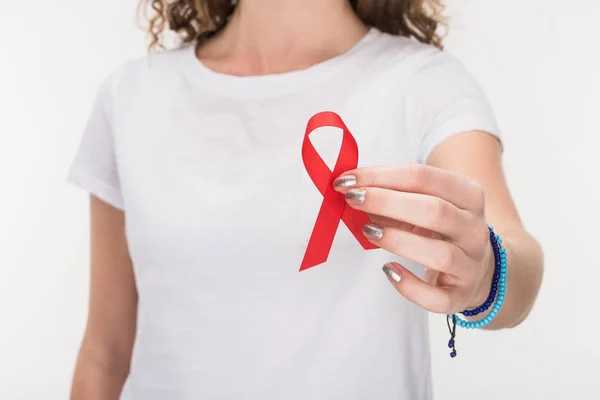Managing Anxiety: Understanding the Causes, Symptoms, and Treatment Options
Anxiety is a widespread mental health issue that affects millions of people across the globe. It can range from mild unease to overwhelming fear that disrupts daily activities. While occasional anxiety is normal, chronic or intense anxiety might indicate an anxiety disorder. Fortunately, anxiety is treatable, and there are various therapies, medications, and lifestyle changes that can help manage its symptoms. In this article, we explore the causes, symptoms, and effective treatment options for anxiety.
Anxiety is a widespread mental health issue that affects millions of people across the globe. It can range from mild unease to overwhelming fear that disrupts daily activities. While occasional anxiety is normal, chronic or intense anxiety might indicate an anxiety disorder. Fortunately, anxiety is treatable, and there are various therapies, medications, and lifestyle changes that can help manage its symptoms. In this article, we explore the causes, symptoms, and effective treatment options for anxiety.
Causes of Anxiety
Anxiety results from a combination of genetic, environmental, and psychological factors. Here are some common causes:
- Genetic and Biological FactorsAnxiety disorders often run in families, suggesting a genetic component. Individuals with a family history of anxiety may be more susceptible to developing it. Additionally, chemical imbalances in the brain—specifically in neurotransmitters like serotonin, dopamine, and GABA—can contribute to heightened anxiety responses.
- Stress and TraumaChronic stress, such as from work, relationships, or financial struggles, can lead to anxiety. Traumatic experiences like abuse, accidents, or the death of a loved one can also significantly increase the risk of developing an anxiety disorder.
- Medical Conditions and Substance UseCertain health conditions, such as heart disease, thyroid disorders, and respiratory problems, can trigger or worsen anxiety symptoms. Substance abuse, including excessive alcohol, caffeine, or recreational drug use, may also contribute to or aggravate anxiety.
- Personality and Psychological FactorsPeople with specific personality traits, such as perfectionism or a tendency to overthink, may be more prone to anxiety. Those with low self-esteem or difficulty in social situations can also be at a higher risk.
Treatment Options for Anxiety
Treatment depends on the severity of the anxiety and individual needs. Common treatment methods include therapy, medication, and lifestyle changes.
- Psychotherapy (Talk Therapy)Psychotherapy is an effective approach for treating anxiety disorders. Common types of therapy include:
- Cognitive Behavioral Therapy (CBT)CBT helps individuals identify and change negative thought patterns that fuel anxiety. It teaches coping strategies to manage anxious feelings in real-life situations.
- Exposure TherapyEffective for phobias and social anxiety, exposure therapy gradually exposes individuals to anxiety-inducing situations in a controlled setting, helping them build confidence and reduce fear.
- Mindfulness-Based TherapyThis therapy focuses on meditation, deep breathing, and relaxation techniques to help individuals stay present and manage stress.
- Medication for AnxietyIn some cases, medication may be necessary to manage symptoms. Common medications include:
- Selective Serotonin Reuptake Inhibitors (SSRIs)Medications like fluoxetine (Prozac) and sertraline (Zoloft) help regulate serotonin levels in the brain, which is essential for mood regulation.
- BenzodiazepinesDrugs like alprazolam (Xanax) and diazepam (Valium) offer short-term relief for severe anxiety but should be used cautiously due to their potential for dependency.
- Beta-BlockersThese medications help control physical symptoms, such as rapid heart rate and trembling, associated with anxiety.
It’s important to consult a doctor before starting any medication, as side effects and interactions with other drugs are possible.
- Lifestyle Changes and Natural RemediesIn addition to professional treatments, certain lifestyle changes can help reduce anxiety:
- ExercisePhysical activity releases endorphins, which can help improve mood and reduce stress.
- Healthy DietA balanced diet that includes whole foods, lean proteins, and healthy fats supports brain health.
- Adequate SleepPoor sleep can worsen anxiety, so maintaining a regular sleep schedule is crucial.
- Limiting Caffeine and AlcoholReducing caffeine and alcohol intake can help minimize anxiety symptoms.
- Relaxation TechniquesDeep breathing exercises, meditation, and yoga are effective for managing stress and calming the nervous system.
- Support Groups and Social SupportTalking to others who share similar experiences can provide emotional relief. Support groups, whether in person or online, offer a space to connect, share coping strategies, and receive encouragement.
How to Choose the Right Treatment
The best treatment for anxiety varies depending on symptom severity, individual preferences, and medical history. Many people find a combination of therapy, medication, and lifestyle changes works best. Consulting with a healthcare professional can help determine the most appropriate treatment plan.
When to Seek Professional Help
If anxiety becomes overwhelming or interferes with daily life, professional help is necessary. Signs that professional intervention is needed include:
- Persistent anxiety lasting for months
- Difficulty functioning at work, school, or in relationships
- Frequent panic attacks
- Suicidal thoughts or self-harm tendencies
A mental health professional can provide a diagnosis and suggest an appropriate treatment course.
Conclusion
Anxiety is common, but it is also treatable. With the right combination of therapy, medication, and lifestyle changes, individuals can effectively manage their anxiety and improve their quality of life. If you or someone you know is struggling with anxiety, seeking professional help is the first step toward recovery. Although managing anxiety may be a journey, the right tools and support can lead to a healthier, more balanced life.








